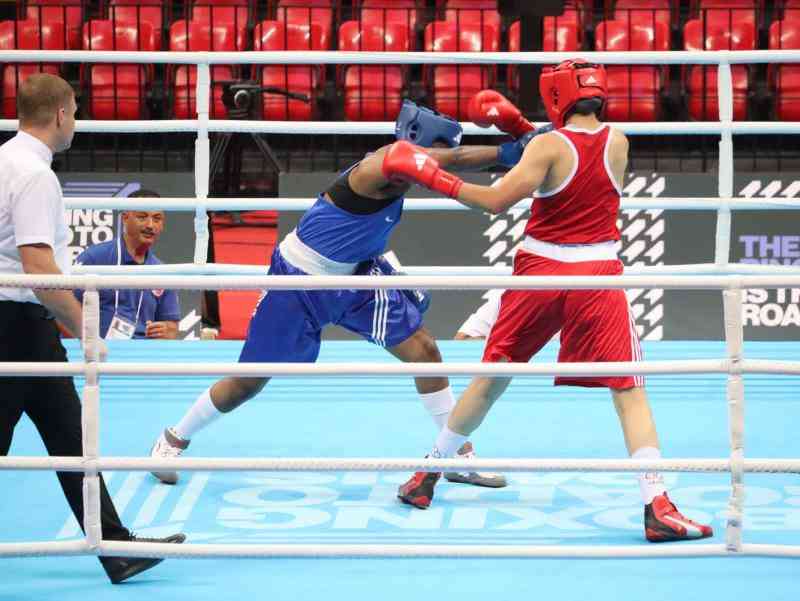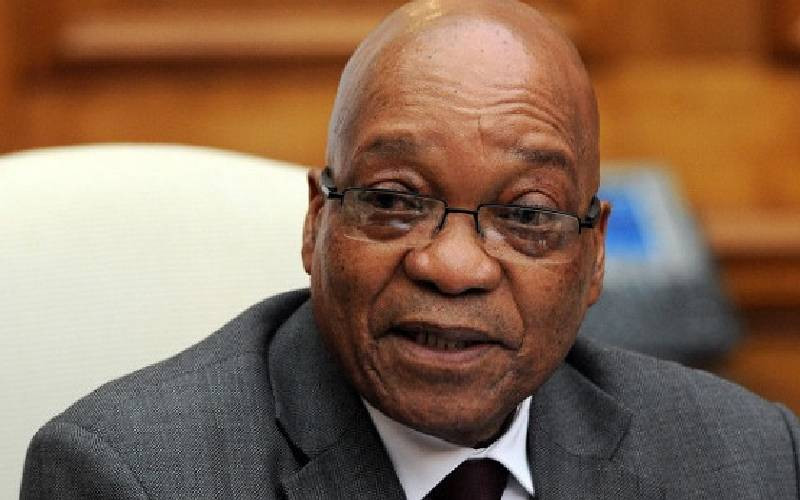This week as I joined others in mourning the impending death of the Rainbow Nation, I wondered what lessons we can draw on our own journey from what South Africa is going through.
The disturbing journey into a worrying future for South Africa was most evidenced by the toppling this week of the Rhodes Statue in the University of Cape Town and the defacing of a number of statues in other areas.
Whereas it is easy to appreciate the anger of many South Africans when they see the symbols of their oppression thrust in their faces, I am convinced that the slippery slope that South Africa is on may well lead to the destruction of the nation whose triumph over evil we otherwise all admire.
Like most of Africa, South Africa’s history is replete with murder and plunder and its story is incomplete without the story of the plunderers. The sorry state of the majority of its population is directly related to its unjust history. Is the response to its current circumstances the eradication of symbols of that past?
Shouldn’t South Africa instead seek the erection of additional new statues that tell its complete story, the story of triumph despite great odds? In the case of UCT, shouldn’t the discussion about what to erect along with the Rhodes statue as a reflection of the UCT story been a more useful futuristic approach than erasing Rhodes from the university?
My other concern with symbolic gestures is that they tend to be viewed as a conclusion to the story! There is no doubt that the problem South Africans are reacting to is the evident exclusion of the majority black population from the economic life of the new South Africa.
Additionally, South African scholars are reacting to their universities’ failure to incorporate local faculty and curriculum that addresses local context. Unfortunately the symbolic toppling of statues can easily send the wrong impression that these issues have been resolved. As any Kenyan will know, the removal of the Delamare statue from Nairobi did nothing to eradicate the Delamare reality from Kenya.
Maybe it would even have been better to retain Delamare in full view in Nairobi so that it would continually remind us of what remained to be done in erasing “Delamareness” from Kenya! I fear that the removal of colonial era statues from South Africa may lull the population into a false sense of security that Rhodes and what he represents is now gone!
A further nail on the Rainbow Nation coffin was fastened by the xenophobic attacks that engulfed South Africa, though this time they were located largely in Durban and its environs. The nation that had showered praise on other nations for harbouring South Africans during Apartheid, the South Africa that had welcomed “our African brothers” as part of the Rainbow, was now burning them at the stake.
These “Afrophobia” attacks reflect a growing view by many poor South Africans that African migrants are taking their jobs and are the cause of their debilitating poverty. The sad reality is that the economic circumstances poor South Africans have little or no relationship with African migrants. They arise from a structural dysfunction of the economy, which remains largely in white hands 20 years after independence.
What lessons can we draw from these South African experiences? In the first instance we must not to be too immersed in symbolism at the expense of reality.
We may have toppled our own colonial statues but we must keep toppling the effects of historical injustices if we are to give life to Kenyans aspirations. Secondly we must anticipate the possibility of “xenophobic” attacks on our own “outsiders” as a reaction to poverty, exclusion and inequity.
The Constitution has given us an opportunity to imbue equity and inclusion in our economic and social life. We must invest more energy in making this inclusion a reality.
If we do not ensure that economic growth visits most households in Kenya, it is only a matter of time before the madness enveloping South Africa visits our dear Republic. That is a possibility we must not allow to translate to reality.
Stay informed. Subscribe to our newsletter
 The Standard Group Plc is a
multi-media organization with investments in media platforms spanning newspaper
print operations, television, radio broadcasting, digital and online services. The
Standard Group is recognized as a leading multi-media house in Kenya with a key
influence in matters of national and international interest.
The Standard Group Plc is a
multi-media organization with investments in media platforms spanning newspaper
print operations, television, radio broadcasting, digital and online services. The
Standard Group is recognized as a leading multi-media house in Kenya with a key
influence in matters of national and international interest.
 The Standard Group Plc is a
multi-media organization with investments in media platforms spanning newspaper
print operations, television, radio broadcasting, digital and online services. The
Standard Group is recognized as a leading multi-media house in Kenya with a key
influence in matters of national and international interest.
The Standard Group Plc is a
multi-media organization with investments in media platforms spanning newspaper
print operations, television, radio broadcasting, digital and online services. The
Standard Group is recognized as a leading multi-media house in Kenya with a key
influence in matters of national and international interest.








